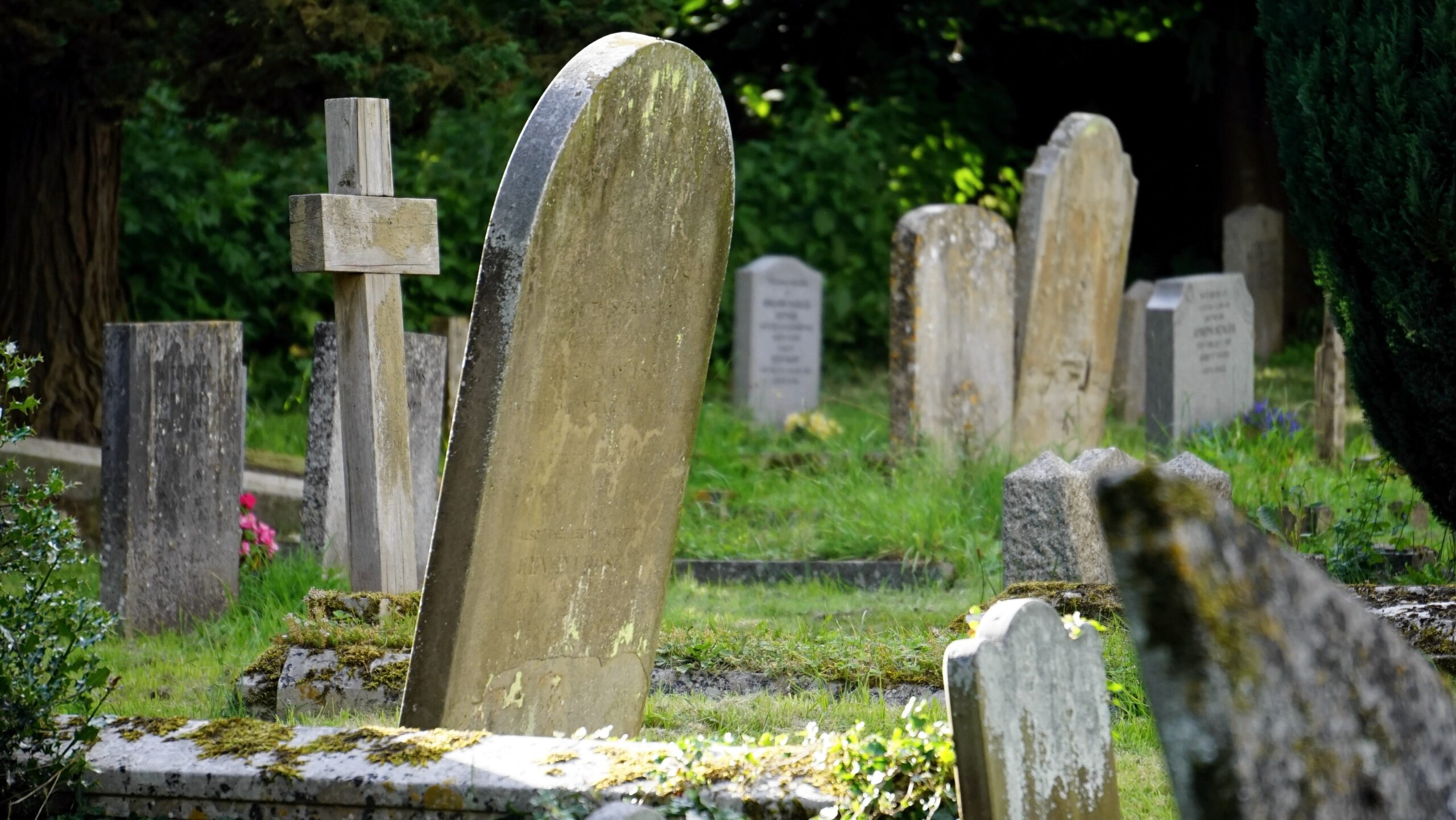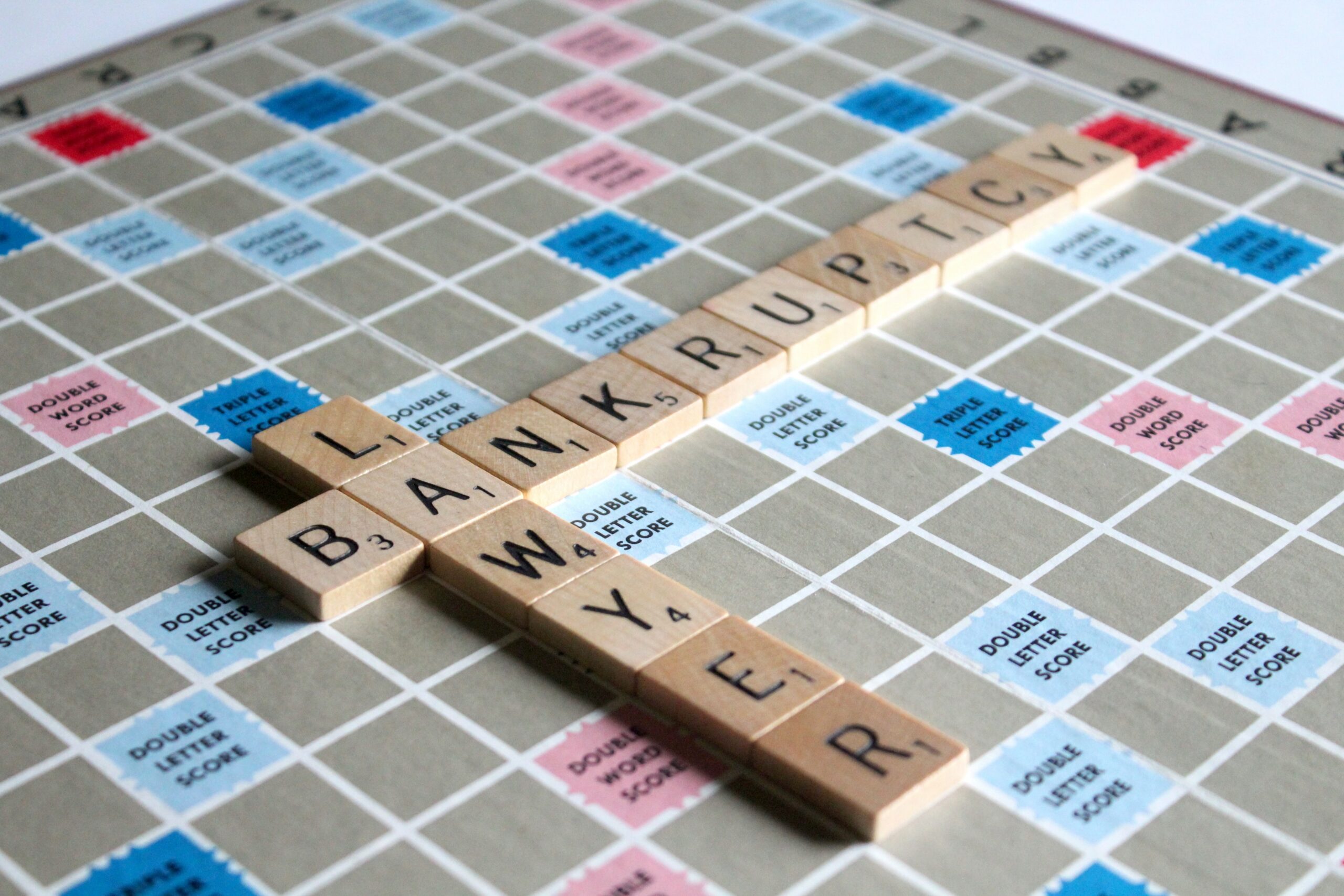
Death and Debts Ontario
by Ajay Oberoi | Bankruptcy, collection calls, Consumer Proposal, Death and Debt, Insolvency
What would happen when your partner dies with outstanding debt? Will you have to settle those outstanding debts? This is one of the most common situations that people in Ontario come across. In such a situation, you should have a solid understanding about death and debts Ontario. Then you will be able to work accordingly and make sure that you don’t run into any frustrating situations in the future.
As the first thing, you need to understand that you cannot be liable for the debt of another person after debt. However, you need to make sure that you are not a joint debtor. If you are a joint debtor, you have the legal obligation to settle your debt. In case if the other person dies, you will have to settle the entire debt amount on your own. A similar situation would take place if you are the guarantor.
When it comes to mortgage loans in Ontario, the conditions are quite different. That’s because both partners are there in the mortgage agreement. When your spouse dies, you will have to go ahead and settle the outstanding mortgage debt on your own, as per the terms and conditions that are clearly defined in the mortgage agreement. However, there are insurance plans available to provide you with relief. Therefore, you shouldn’t worry too much about dealing with the massive burden that comes to you. You will be provided with an excellent assistance by the insurance plan that is available.
At the time of dealing with debt after the borrower has filed, the lender will have to go through the estate and then receive the payment for outstanding loans. In case there are any outstanding assets owned by the person who died, the executor or the trustee of the estate will be provided with the responsibility to make sure that all the outstanding bills and loans are paid. This is something that you should be mindful about.
In general, all the creditors will come across the need to receive information about the death of a borrower. That’s where you will need to go ahead and provide a copy of the death certificate to the creditors. Then they will be able to get informed about it and take appropriate measures to deal with the situation. Along with that, you should also make sure that all the outstanding accounts are closed. The death certificate will be able to help you with that.
Before distributing the assets of the person who has died, all the debts have to be taken care of. Then the assets can be distributed among the heirs. In case if there are less funds to settle off the debts of the person who was deceased, the remaining debt is not collectible. Therefore, you will not be forced to go ahead and pay for the debt that is accumulated. In the meantime, it is also important to understand how much of debt that you are responsible to pay as well. In case of you have credit or debt issues visit www.gtacredit.com or call 416 650 1100





